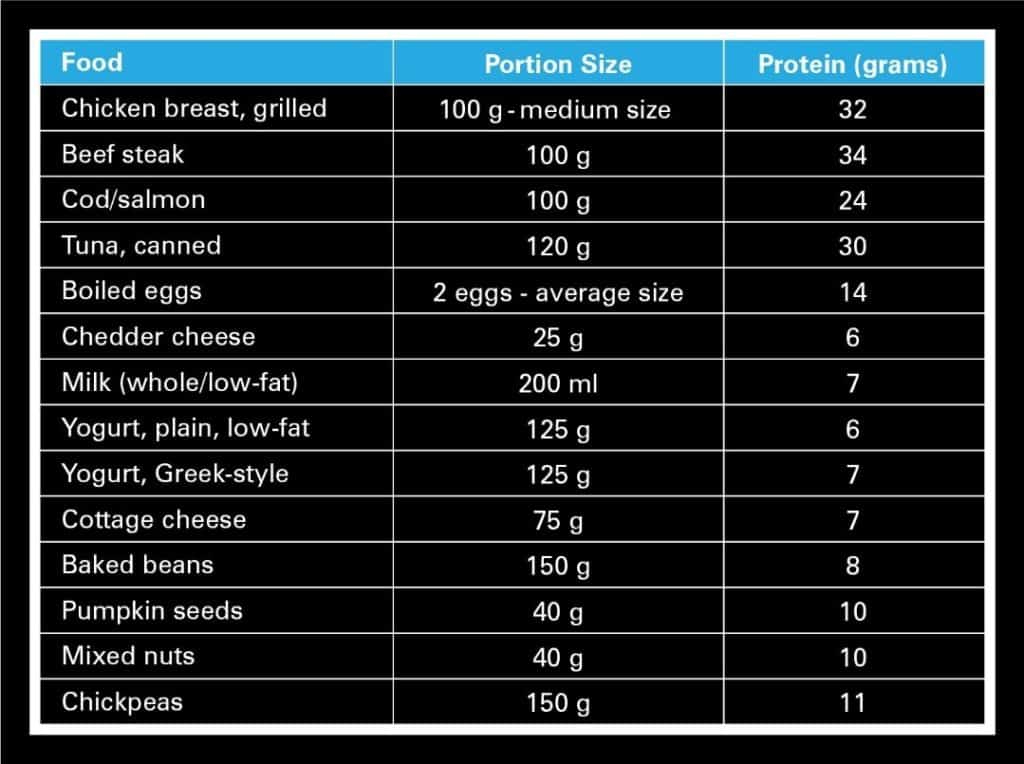
Irish Cheddar Cheese Toastie with Homemade Tomato Soup
There’s no better comfort food than an ooey-gooey cheesy toastie. Whether you’re whipping up a quick lunch or late night snack, you can rely on

There’s no better comfort food than an ooey-gooey cheesy toastie. Whether you’re whipping up a quick lunch or late night snack, you can rely on

Lorem ipsum dolor sit amet, consectetur adipiscing elit. Cras porta lorem cras justo, sed justo, ut eu. Arcu.
Check out OUR Latest FAVOURITE Recipe
If you want to build muscle, your diet is just as important as your workout. Muscle growth is stimulated by activity of the muscle in combination with an adequate nutrient supply. So, before you lift a weight, make sure you consider what’s on your plate.
Protein is one of the key nutrients needed for muscle growth, but a host of other nutrients are required to facilitate muscle gain training. For this reason, a varied balanced diet, with adequate amounts of protein, spread across the day is best.
If you are seeking weight gain, aim for increases of 0.3-0.5 kg per week, and combine with a carefully planned training programme to ensure body weight gains are muscle rather than fat. Increases of about 500kcal per day are usually adequate for such weight gain. Increase meal frequency to 4-5 times per day. This helps to avoid stomach discomfort that may result from eating a high volume of food across three meals.
There is no magic ‘muscle gain diet’. Increase calorie intake by choosing healthy and nutritious foods. For example, although fat provides more calories per gram, it should not be the focus in a weight gain diet. Avoid overindulgence in high fat, processed foods as this may result in fat gain rather than muscle gain. For muscle gain, with weight maintenance, additional calories may not be needed but timing and quality of the food eaten is important. Try not to compare your results to others as the ability to gain muscle is determined by our individual genetic ability. A balanced diet for muscle gain requires patience so try to avoid unnecessary ‘quick fixes’.
As well as relying on our muscles for support and movement in everyday tasks, those involved in sport and exercise need strong, healthy muscles to withstand training and performance demands. As part of a balanced diet which provides enough energy, protein is an essential nutrient that contributes to the normal growth and maintenance of muscles. Timing and quality are important when it comes to protein and the optimal approach is to spread intakes across the day rather than consuming a large amount at one meal. This enables the body to supply the constant amount needed by active muscles throughout the day. Consuming protein (approximately 20-25 g) following an intense session is particularly useful to assist muscle growth and repair. Protein requirements are estimated based on individual body weight; with slight variations depending on the type and intensity of activity. General ranges for grams of protein per day for muscle and total metabolism are provided below:

Source: Adapted from the Australian Institute of Sport
Protein requirements for active people range from 1.0g – 1.6g of protein per kg of body weight per day and spread this across meals and snacks. For example, a 60kg woman would require about 60g and this could be broken down to 15g at breakfast, 5g as a snack and 20g at both lunch and dinner. When aiming for muscle gain, protein requirements are generally higher at about 1.2-2g of protein per kilogram of body weight, as this ensures additional needs are met for muscle building.
Foods such as lean meat, fish, eggs, milk, cheese and yogurt are among the best protein providers as these are ‘complete’ protein sources – providing all the amino acids (building blocks of protein) that the body needs. Other protein sources include beans, lentils, nuts and seeds (see table below). Complete proteins are considered the best protein for muscle gain, although combining different types of plant-based proteins will ensure an adequate supply of the various amino acids needed for muscle synthesis.

Source: McCance and Widdowson’s The Composition of Foods (7th Summary Edition)
Whey protein accounts for 20% of the protein content in cow’s milk, while casein accounts for about 80%. Whey is a valuable ingredient in the sports nutrition industry because it is rich in leucine, one of the most important branched-chain amino acids (BCAAs) for stimulating muscle synthesis. For those seeking additional protein, ‘protein milk’ could be considered among the best milk to drink when following a diet to gain muscle, as it generally has the addition of 50% extra whey and casein added. However, a 200ml serving of regular cow’s milk contains approximately 7g protein, which can make a significant contribution to daily requirements as part of a varied diet.
If considering the use of muscle-gaining supplements, discuss their safety and effectiveness with a sports dietitian.
For those interested in losing weight, some weight loss tips can be found here